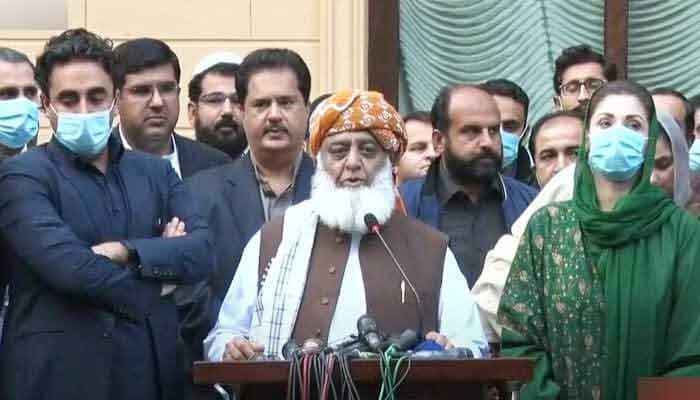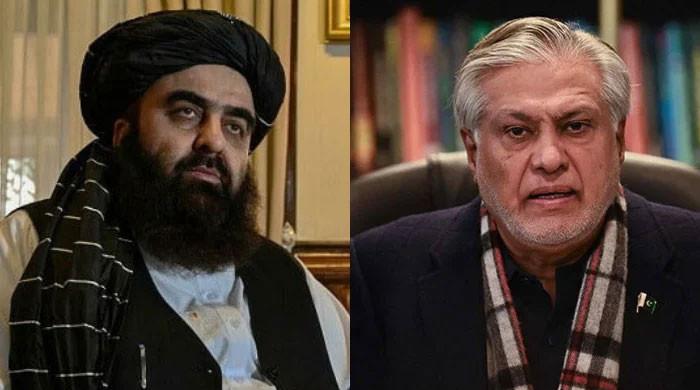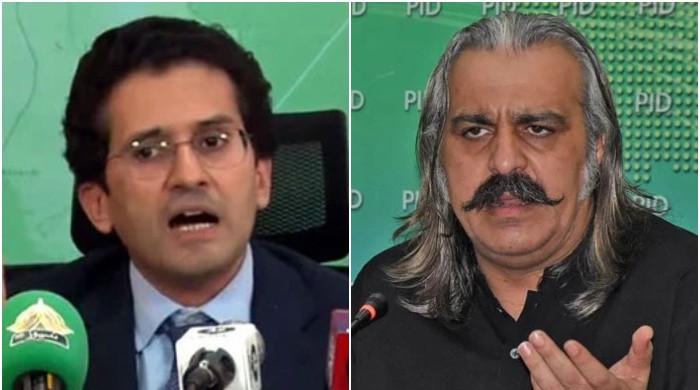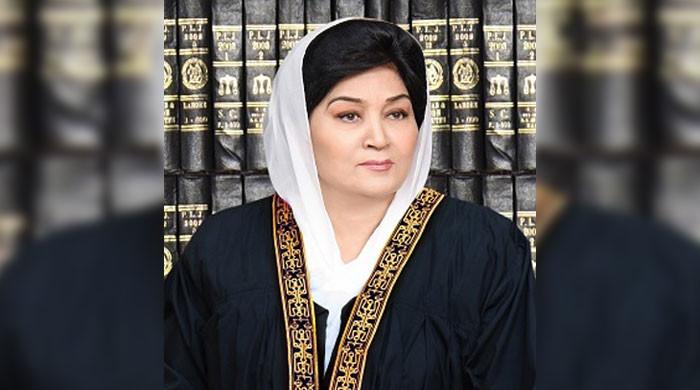PPP will not leave the PDM: Nayyar Bukhari
"Who initiated the PDM? Bilawal Bhutto did. So why will we leave the movement?" questioned Bukhari
March 19, 2021

- PPP's Nayyar Bukhari says PPP will not leave the PDM.
- Says it was Bilawal Bhutto who initiated the PDM, so why would the party leave the PDM.
- Says whatever PPP's Central Executive Committee (CEC) will decide about the resignations on April 4 will be final.
The Pakistan People’s Party (PPP) will not leave the Pakistan Democratic Movement (PDM) since it was the PPP that initiated the movement, said a senior PPP leader.
“Who laid down the basis for the PDM?” Nayyar Hussain Bukhari, former senator and leader of the PPP, told Geo.tv, “Who gave it a platform? Who initiated the PDM? The chairman of the PPP [Bilawal Bhutto Zardari] did. So why will we leave the movement?”
On Tuesday, the Pakistan Democratic Movement, an opposition alliance of 10 political parties, met in Islamabad to finalise their anti-government strategy. While two parties – the Pakistan Muslim League-N and the Jamiat Ulema-e Islam- F - insisted that the opposition leaders quit the national and provincial assemblies before marching to the capital city, the Pakistan People’s Party, the second-largest party in the alliance, disagreed.
The PPP has now left the decision to its Central Executive Committee (CEC), which will meet on April 4.
“Whatever the CEC decided about resignations will be final,” said Bukhari. “Even in the last PDM meeting, the chairman of PPP said that he alone cannot make the decision and neither can he overrule the verdict of the CEC.”
It is unclear if in the past the party’s CEC has ever gone against the decision of the chairman.
However, Bukhari added that when the date of the long march was announced in February by the alliance, the march was “not clubbed together” with the resignations of lawmakers.
“The PDM was to make all decisions by consensus, there is no mention of decisions by only the majority,” Bukhari added.
He also argued that had the PDM not agreed to PPP’s suggestion to contest the Senate polls, the ruling party and its allies would have had 2/3rd majority today in the upper house.
“Then they [the government] could have done whatever they wanted to with the 18th amendment,” the PPP leader said, “They could have even brought in a presidential form of government if they wanted to.”











